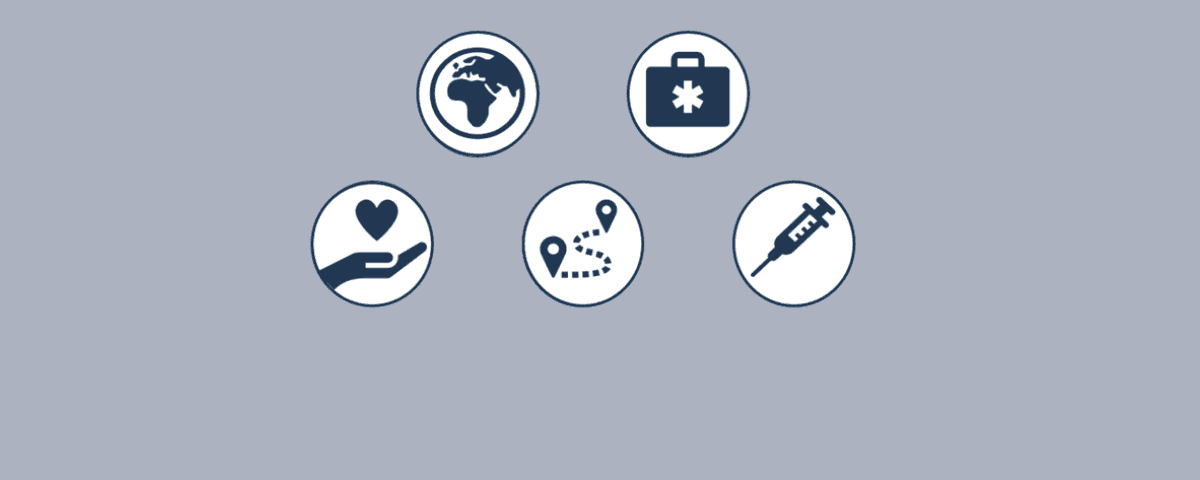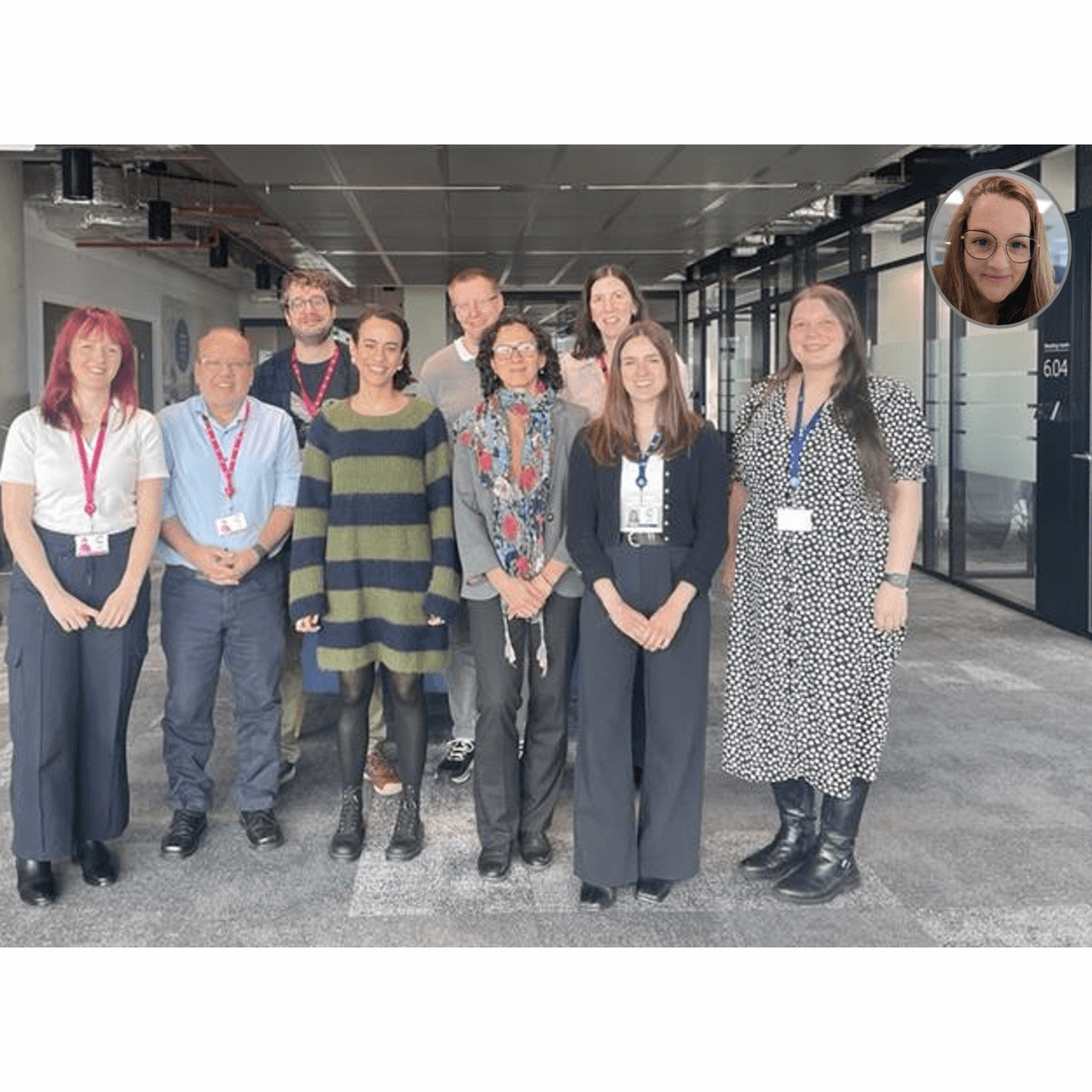
Last reviewed: 2 June 2025
Last reviewed: 2 June 2025
Phase 3 is a key step forward for the ICBP, building on past insights to deepen our understanding through new and innovative research. Our core goal is to identify variation between ICBP partners and then consider what factors cause this variation. Our research programme will include an international survival benchmark, and exploratory research looking at how differences in patient pathways, access to treatment, models of care and the cancer workforce, and how they may impact on survival variation observed.
This phase will continue our focus on turning our research and insights into real-world change. To achieve our goals, we want to work with more organisations to improve how we share knowledge and insights across countries. By connecting the right people and sharing what we learn, we aim to improve cancer care and outcomes internationally.
The ICBP has established four priority areas to guide our Phase 3 Benchmark and exploratory research. This is to ensure the research remains relevant, actionable, and focused on the most impactful areas:
Understanding differences: Evidence in variations (survival, stage at diagnosis, mortality, incidence etc) will come from the benchmark. We’ll explore differences in other factors (including Covid-19) that impact outcomes. Demographic data will be collected and then analysed to deepen understanding of differences
Optimising care: Comparing optimal care across jurisdictions, related to the research themes and in the context of Covid-19 impact and recovery.
Addressing Inequalities: Exploring barriers and enablers to access optimal care, costs of care, impact of geographic, demographic, and socioeconomic factors, and comorbidities on outcomes.
Adopting Innovations: Understanding how innovative tools, techniques, or approaches are adopted, implemented, and delivered to improve outcomes.
At the core of Phase 3 is our updated international survival benchmark. It provides data on survival, incidence, mortality, stage at diagnosis, and other key factors. This forms the foundation of the ICBP, helping our exploratory research understand where and why variation in cancer outcomes exists. Building on two previous studies, this new benchmark will be led by:
Freddie Bray, Head of Cancer Surveillance, International Agency for Research on Cancer (IARC) and,
Isabelle Soerjomataram, Deputy Head of Cancer Surveillance, International Agency for Research on Cancer (IARC)
The study aims to provide comprehensive data and recommendations to guide policy and improve patient outcomes. It will focus on three main research areas:
Epidemiological Benchmarking The core benchmark will focus on capturing and analysing a range of cancer metrics, using data primarily from the cancer registry. This includes cancer incidence, mortality, survival and stage. Additional analyses will be undertaken on demographic data e.g. age and gender.
Sociodemographic Analysis The ICBP intends to explore how factors like socio-economic status and ethnicity impact cancer outcomes. This element will assess data availability and recommend methods to standardise future inequality analyses, aiming to identify drivers of disparity.
Data Quality and Comparability To support international comparability, this phase will rigorously review registry practices for coding and staging data. Outputs will include recommendations to align data standards across jurisdictions and an adjustment coefficient to address variations in local practices.
The benchmark is in its early stages, with 2025 dedicated to finalising data harmonisation, conducting reviews, and completing key informant interviews. We will share key developments and insights from this work as it progresses throughout the year.
For Phase 3, the exploratory research program is organised around four main themes that cover key aspects of the cancer care journey:
This theme examines the patient journey from diagnosis to treatment, examining referral practices, access to diagnostics, and key time intervals. By analysing variations across jurisdictions, we aim to identify care pathways that lead to better outcomes. Scoping will define key pre-diagnostic healthcare events and harmonised measures for comparison.
Timely and equitable access to cancer treatments is essential for improving outcomes. This theme investigates who receives treatment, its quality, and barriers like geographic or financial constraints. We will profile treatment patterns, identify gaps, and assess variations in access within and between jurisdictions.
In this theme, we explore how cancer care services are structured, focusing on a specific service for diagnosing or treating cancer. By studying different approaches, we aim to identify effective models and assess their potential for adaptation in other settings. Scoping for this work will begin in late 2025.
The availability of skilled healthcare providers is essential to cancer care. This theme explores multidisciplinary team (MDT) meetings across ICBP jurisdictions including structure, capacity, culture and decision making. Alongside this, we aim to understand workforce challenges like staffing shortages, training needs, and recruitment, as well as mitigation strategies across jurisdictions.

Pictured (left to right): Becky White, Yoryos Lyratzopoulos, Matthew Barclay, Samantha Harrison, Mark Rutherford, Isabelle Soerjomataram, Betty Elisavet Syriopoulou, Alexa Bishop, Harriet Hall, Kate Green (headshot).
Changing cancer policy is complex and requires collaboration across many sectors. We seek to influence international cancer policy to improve patient experiences and outcomes.
To achieve this, we work across a range of partners to share resources and drive change. In Phase 3, we will build even more strategic relationships that support our shared goal of improving cancer outcomes.
We’re especially keen to work with:
Patient advocacy groups
Organisations working to improve health data and cancer registration
Groups supporting cancer care in low- and middle-income countries
If you're interested in partnering with the ICBP and helping to improve cancer care, we are keen to hear from you.
Contact us at ICBP@cancer.org.ukWe bring together experts from across our partner countries, who are passionate about improving cancer outcomes.
You can get involved in the ICBP in the following ways:
Joining our research networks
Attending ICBP workshops and events
Working with us to share research and insights with wider audiences
If you would like to get involved and want to find out more then please fill out this form and someone from the team will be in touch.
You can also stay updated on our work by signing up for our Newsletter and following our social media channels: